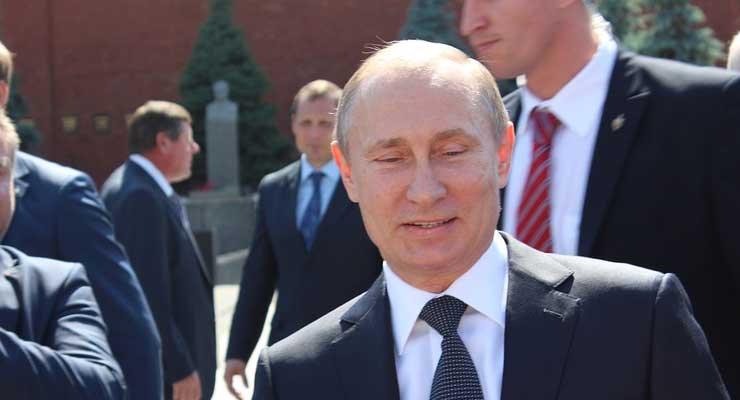
What autocrats like to do is give the impression that they are extremely powerful and cannot be challenged. In reality, however, they are far weaker than they appear. This article by Péter Krekó appears in TBS News. Here is an excerpt:
Recently, a strange leak appeared in the international press: a Kremlin document that proves Russian President Vladimir Putin personally ordered Russian authorities to interfere in the 2016 U.S. presidential election. On the one hand, this reveals nothing new. The Mueller report, the U.S. Senate Intelligence Committee Report, and U.S. intelligence agencies have already provided ample evidence of this fact. On the other hand, it is extremely rare for such highly classified Kremlin documents to come to light. And while no one can be certain about who created this document, it is certain that the Kremlin can capitalise on everyone discussing—yet again—how audacious Putin was to attempt to influence presidential election results in one of the most developed democracies in the world.
Russian political prisoner and opposition leader Alexei Navalny understands the Kremlin’s calculus very well. In 2019, he quipped to Financial Times, “You can spend $500,000 on Facebook ads and … the whole establishment of a huge Western country will go nuts about interference, even though its real effect is risible. The investments are minimal, but they give you front pages and power.” He argued that the biggest achievement of the Kremlin’s online interference efforts had been making people believe it could manipulate the West—regardless of its actual ability to do so.
The geopolitical order is clearly in flux, and democracies are losing ground globally. Yet perceptions may be changing faster than reality. As I argued in a recent essay, Russia, China, and other authoritarian powers have grown increasingly skillful at puffing themselves up to look more economically, politically, and militarily powerful than they are. Of course, inflation as a geopolitical strategy is not new: “Image theory” in political psychology emphasizes that perception—not reality—drives the foreign-policy stances of publics and policymakers alike
Read the full article here.
Leave a Reply